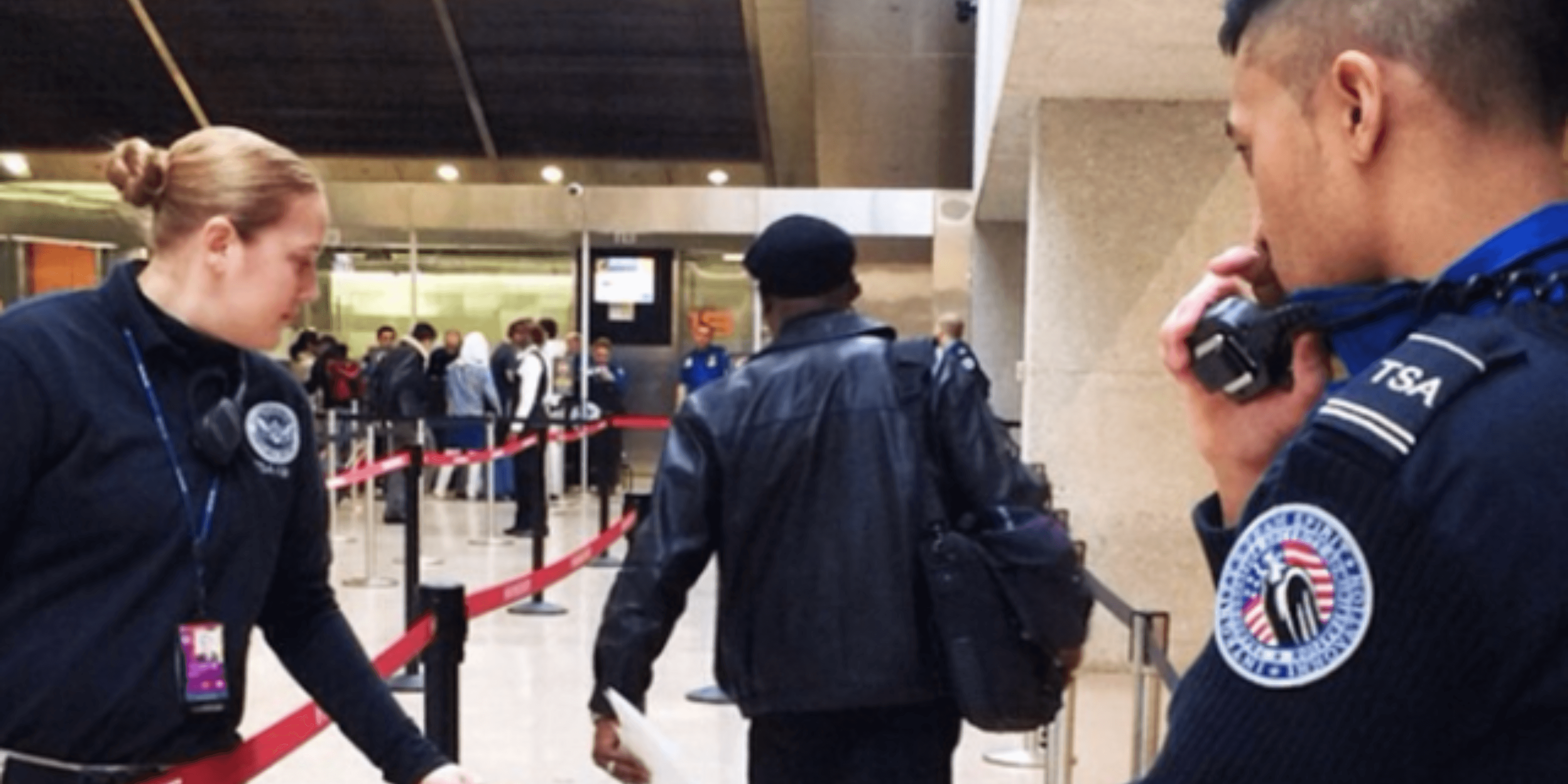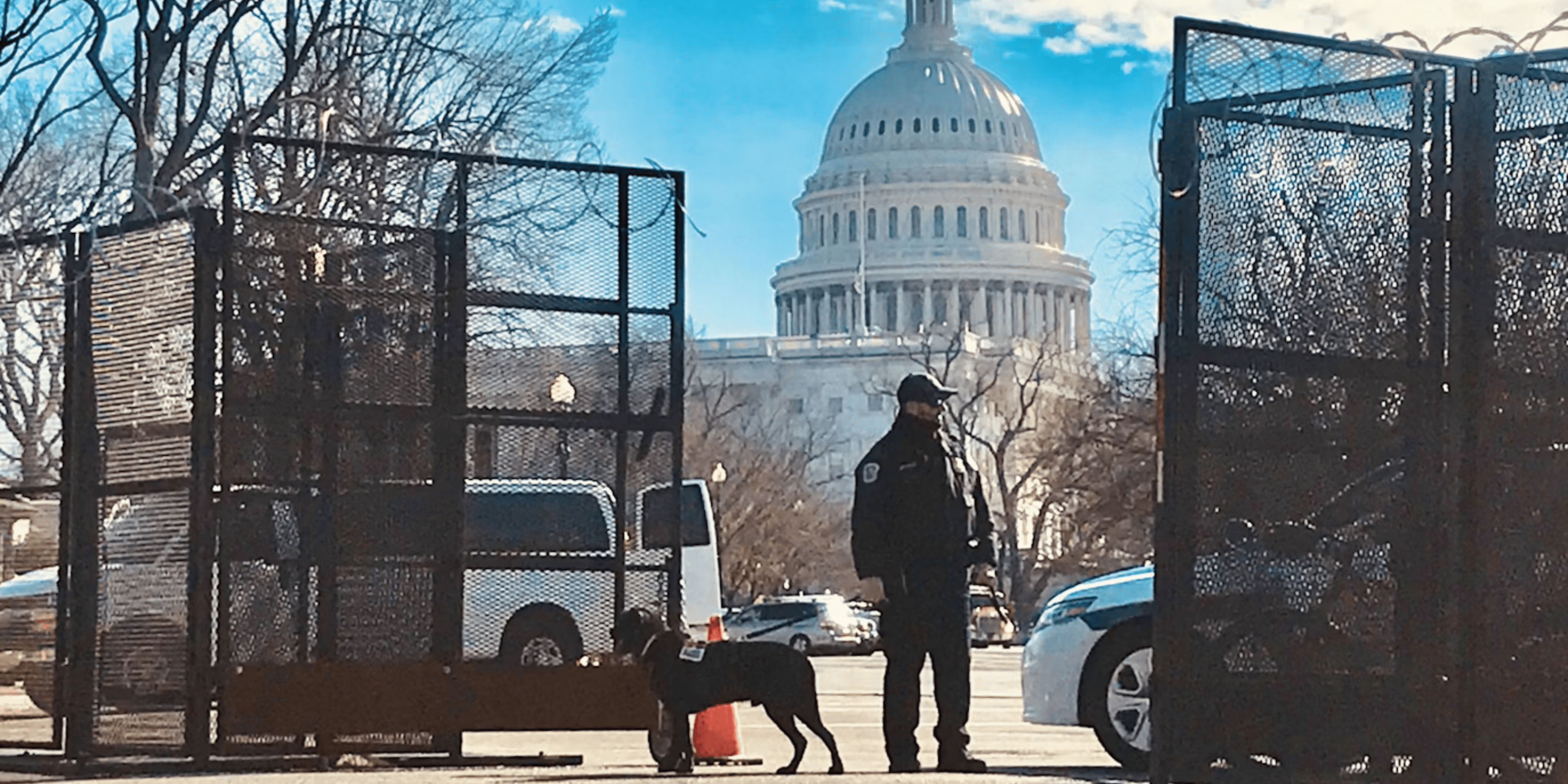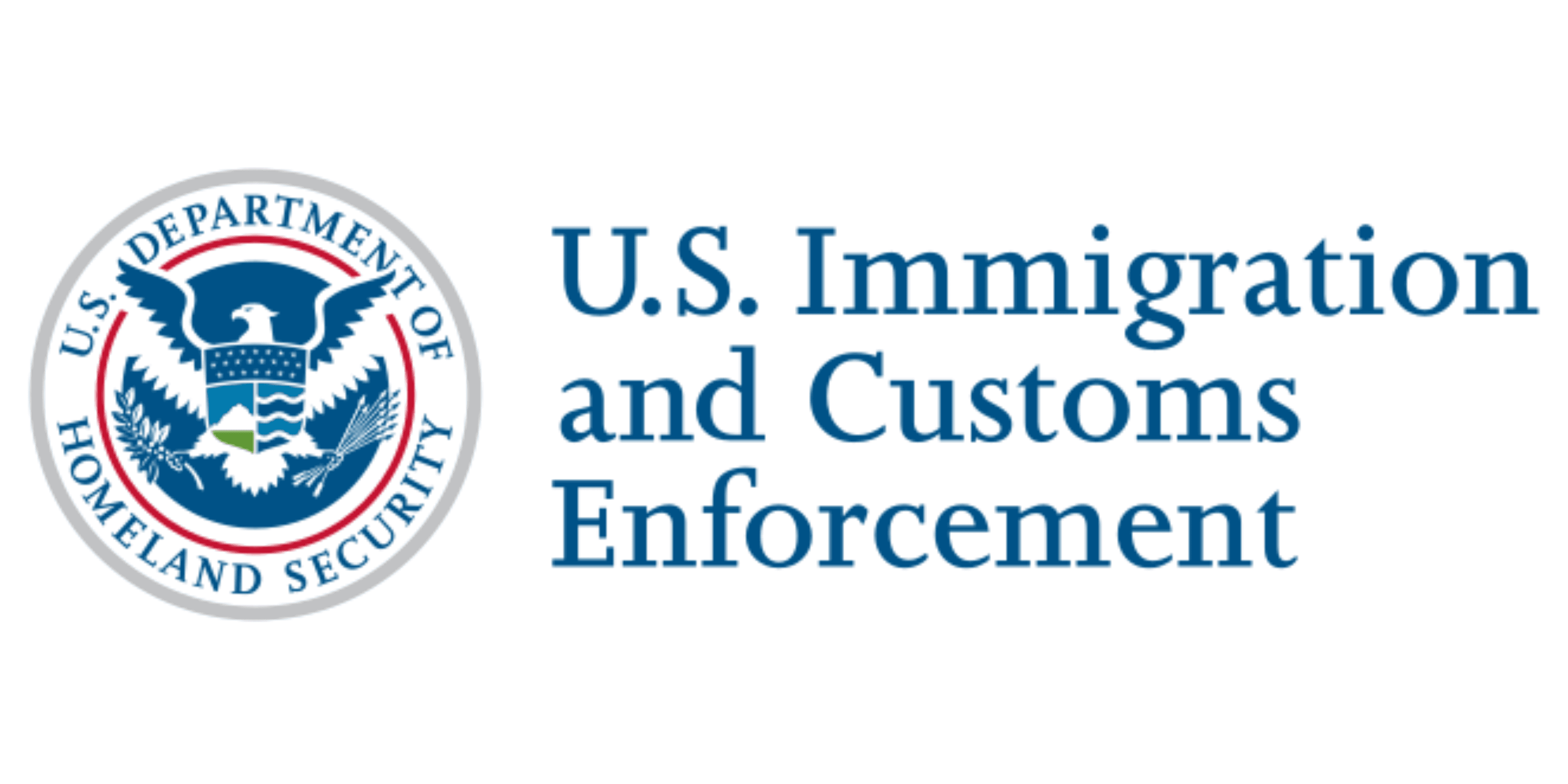newsletter
Your Daily News in Just 5 Minutes!
Featured
Tensions Intensify in Capitol, Caribbean and Courts as U.S. Confronts a Converging Crisis Landscape
In Washington and beyond, multiple threads of tension are merging into a sharper national outlook: political threats from within, heightened military posture abroad, judicial scrutiny of federal power, economic unease ahead of the holidays, and a bid for peace amid war’s persistence. The U.S. finds itself navigating these intersecting front‑lines with far‑reaching implications for governance, security and national unity.
Nov 22, 2025
Political Firestorm: Threats from the Top Stoke Congressional Alarm
In an unfolding political drama, President Donald Trump issues inflammatory social‑media posts accusing Democratic lawmakers of “seditious behaviour punishable by death,” prompting prominent senators such as Mark Kelly and Amy Klobuchar to condemn the remarks and demand Republican colleagues repudiate the rhetoric. The episode intensifies concerns about the erosion of civil‑political norms, raising questions about how much of the country’s institutional guardrails remain effective when the commander‑in‑chief frames political opponents in criminal or existential terms.
Beyond mere verbal escalations, this crisis also tests the legislative branch’s willingness to defend its independence — as well as the courts’ capacity to handle threats of this magnitude. Observers note that when one side of a major party accuses the other of conduct “punishable by death,” the threshold of political violence and intimidation shifts substantially (and dangerously) from rhetoric to a form of coercion.

Caribbean Posture & Latin America Strategy: U.S. Military Moves Near Venezuela
In a significant operational shift, the U.S. dispatches its top military adviser Gen. Dan Caine to the Caribbean, where the Navy is already present amid increasing pressure on Venezuela’s regime, led by Nicolás Maduro. The administration is designating the Venezuelan‑linked cartel “Cartel de los Soles” as a foreign terrorist organization, and it is widely reported that air and sea strikes targeting narcotics smuggling vessels have claimed more than 80 lives to date. The convergence of counternarcotics and regime‑change signals marks a heightened U.S. role in Latin America and raises diplomatic, legal and regional stability concerns.
Domestically, the impact is two‑fold: the military’s footprint increases, raising budgetary and oversight issues; and the policy signals that drug trafficking is now being treated as a national security and possibly military threat‑parallel — which could foretell deeper engagement in the region and expanded executive authority. U.S. allies and neighbouring countries are watching closely as the mission escalates from interdiction to potential land‑target operations.

Judicial Checkpoints: Courts Question Deployments and Executive Authority
Federal judges continue to weigh crucial questions about the reach of presidential and federal power. Recently, a federal court ruled that the deployment of National Guard soldiers into the District of Columbia for crime‑deterrence purposes exceeded the authority of the executive branch — a decision with significant implications for domestic mobilization of military forces. At the same time, the White House’s access for journalists and transparency policies remain under litigation pressure. These developments suggest that the judicial branch is actively re‑exploring boundaries between civil liberties, federal enforcement and executive tools — just as political rhetoric and military moves push those lines.
The implications are profound: when courts step in to curb or delineate executive power, the balance among the branches of government shifts. The U.S. system may face renewed test cases over everything from national security deployments to the protections afforded to critics of the administration. The timing is critical, coming amid rising domestic unrest and international commitments.

Economic Strain and Holiday Headwinds: Travel, Budget Talks and Winter’s Arrival
As the country enters the high‑traffic holiday season, early signs point to economic stress. Reports show that airports across the U.S. are dealing with heavier‑than‑average loads, transport delays, and early winter weather complications in the Midwest and Northeast. Meanwhile, in Washington, lawmakers are still negotiating short‑term funding extensions to avert government shutdown risks, even though the current shutdown ended earlier in November. The added burden of colder-than-normal weather and rising energy demand compounds the pressures on households already facing inflation and tight budgets.
From a broader perspective, this economic context underscores how domestic life is feeling the ripple effects of political and strategic turbulence. When budget talks slip and weather rolls in, the risks of broader consumer stress rise — which in turn could dampen holiday spending, add pressure to state budgets and amplify social tensions.

War‑and‑Peace Front: U.S. Releases 28‑Point Plan for Ukraine, Moves toward Diplomacy
On the international front, the U.S. unveils a draft 28‑point peace plan for Ukraine aimed at resolving the conflict with Russia. While the Ukrainian government emphasizes the plan is still under negotiation rather than an offer, the move signals U.S. willingness to shift from war‑time aid toward diplomatic architecture and reconstruction planning. Europe and Kyiv are closely analysing the proposal’s terms — which include constitutional limits on Ukraine’s military size and its NATO trajectory — and pushing back on some clauses.
This development reflects a broader recalibration: the U.S. is signalling that military aid alone is no longer sufficient, that longer‑term strategy and structural guarantees matter. For the American public, the shift raises questions about resource commitments and American objectives abroad. Domestically, it also ties into the administration’s bigger narrative on national security, military posture and global leadership.
Looking Ahead
In the coming week, several key threads bear watching. Will Congress articulate a firm response to the politically charged threats emanating from the White House? Will the military build‑up in the Caribbean escalate into ground or land‑target operations near Venezuela? Will the judiciary issue further rulings curtailing executive authority? Economically, how will holiday travel and weather‑related disruptions affect consumer sentiment and federal‑state budgets? And, on the global stage, how will Ukraine and its allies respond to the 28‑point U.S. plan — will it lead to meaningful diplomacy or further stalemate?
As these developments unfold, the interplay among domestic politics, foreign policy and economic stress continues to shape the national mood and may redefine governance in the months ahead.
Related blogs
Related blogs
Copyright 2025 USA NEWS all rights reserved
newsletter
Get daily news directly in your inbox!
Copyright 2025 USA NEWS all rights reserved
newsletter
Get daily news directly in your inbox!
Copyright 2025 USA NEWS all rights reserved
Copyright 2025 USA NEWS all rights reserved














